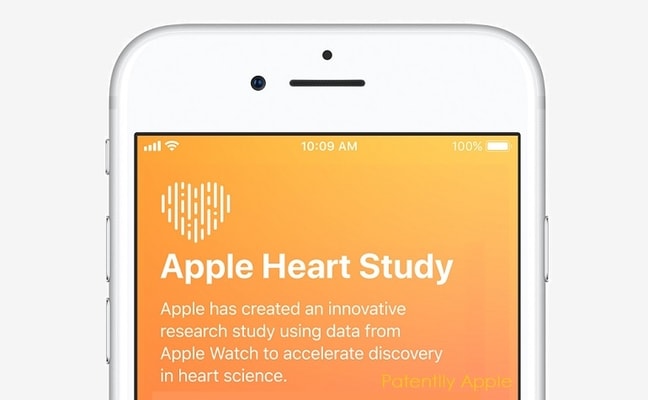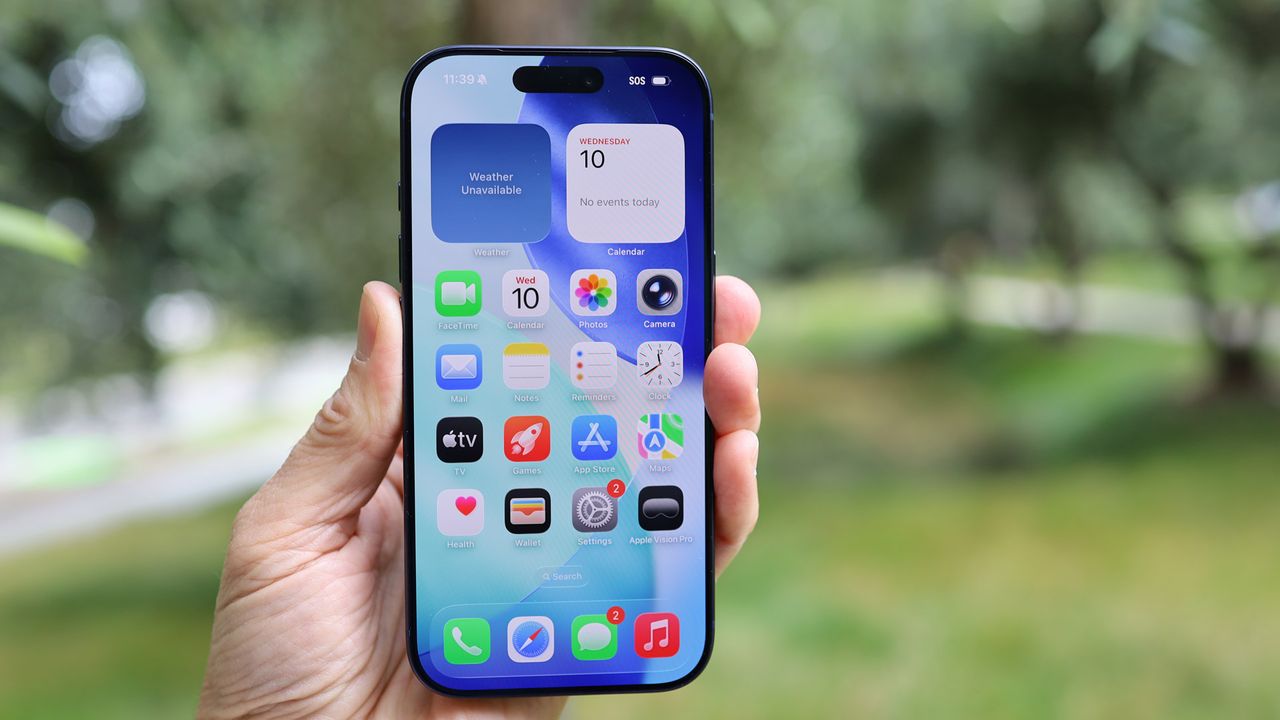
Our health is something that we all need to pay attention to. About a year ago, I started taking mine quite a bit more seriously as I have a condition that could cause some pretty serious issues if left unchecked. In the old days, I would have just relied on my own benchmarks to know that I’m making progress. But because I know that doesn’t work for me, I started using my Apple Watch to track things more closely. There are all kinds of smart devices and apps out there that can really help you stay on top of your health and goals. But where we haven’t seen technology go (and it’s just a matter of time) is in the direction to help us prevent things from happening.
For example, there have been talks about the Apple Watch being able to monitor your blood sugar levels, which would be incredibly helpful for someone with diabetes. In the most recent version of the Watch, Apple has added a heart rate feature which recognizes irregular heart rates and has actually saved lives. This kind of feature is incredible, and I would love to see this area expanded. In the meantime, Apple is rolling out a study to help detect and track heart issues like atrial fibrillation. They are teaming up with Stanford to conduct this study. It’s pretty straightforward but extremely beneficial to many people.

How can you participate in the study? You need to have an Apple Watch that is a Series 1 or later. The original Apple Watch doesn’t work in the study. Then go to the App Store and download the Apple Heart Study App. Once you’ve done that, simply open the Apple Heart Study app and go through the sign-up wizard. Review the “What to Expect” section, read the “Participant Requirements” and if you qualify, tap on the I meet these requirements button. Once you’re done that, enter where you live, and your birthday. The app will ask you if it can send you notifications, and tap Allow. Once you’re done, they will let you know if you’ve been selected for the study and you will get a notification.
I wonder though, how many people actually are using their Apple Watch to Track their fitness? If you’re not, what exactly are you using it for? There are a lot of critics who think that the Apple Watch is just an expensive fitness tracker, and I can see how that argument could be made. But the high-end Fitbit costs marginally less. Yes, you can get notifications on your Fitbit, but the Apple Watch integrats well into the rest of the Apple ecosystem. Further, the newer version of the Watch lets you leave your iPhone behind and you can enjoy life without feeling like you’re constantly tethered to your device.

Getting back to this idea of health though. One thing that the Apple Watch does for me, at least, is that it allows me to see what kind of progress I’ve made in a day. I have my Daily Move Goal set to 500 calories. There are days that I don’t do a lot of exercise, and I’m barely able to make that goal. But there are more days than that, where I exceed that goal, sometimes I double it. One feature that I do like is the fact that my Watch will let me know if I need to do some exercise. I will get a notification that says “you’re almost there! A 10-minute walk would help you close your Move Ring”. Do I listen to it? Not always, but at least it gives me an idea of what I need to do to keep moving.
I see far more benefits of the Watch than a lot of people. I think that these kinds of studies that Apple is doing with Stanford are also going to help improve our health in many ways. Whether it’s monitoring our hearts or our blood sugar levels, these are very positive things. I look forward to seeing what else Apple comes out with over the next couple of years.



